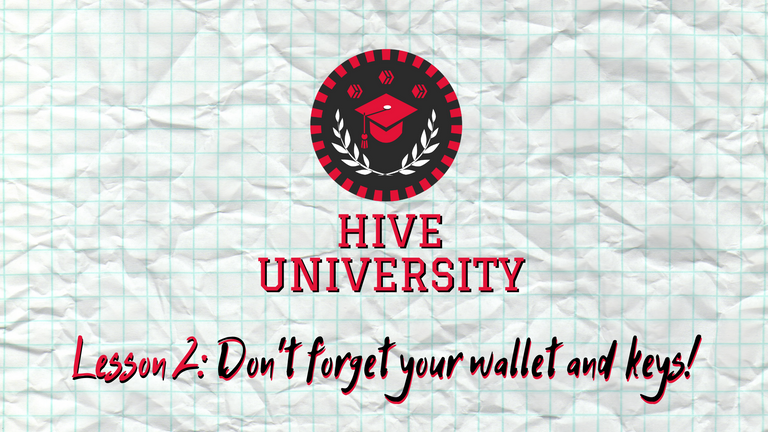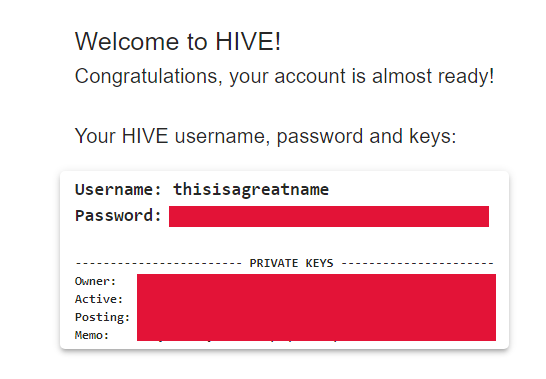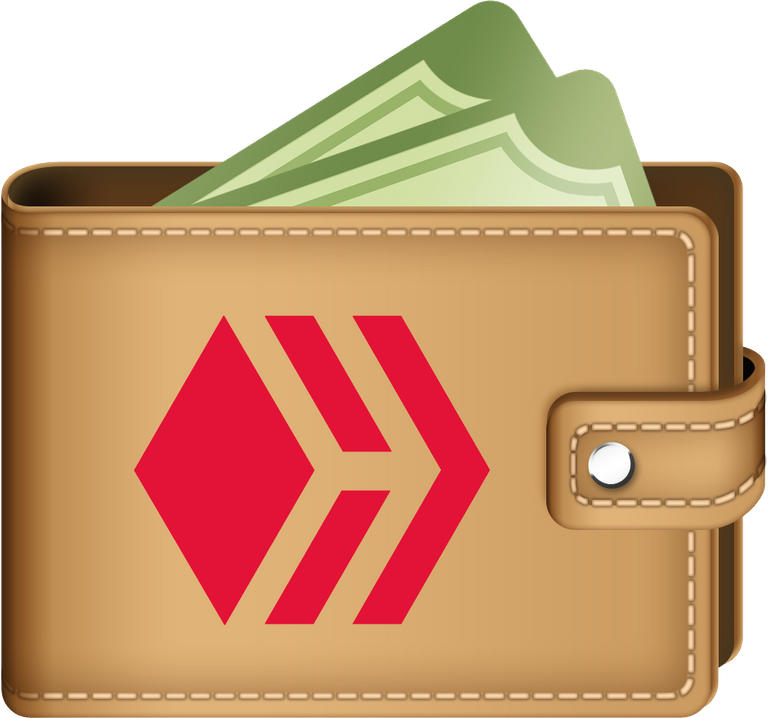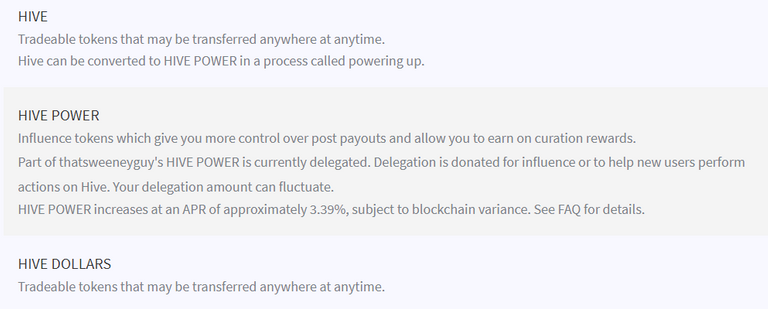Welcome back to Hive University!

Let's start with the most important part of your account: Your keys.

Infographic by @thepeakstudio
When you first created your account, you likely noticed you weren't able to set your own password like you would with most other websites. This is because Hive is far from being just another social network. The system itself created five different "passwords".

Each one serves a purpose, and it's set up this way to keep your account as secure as possible.
Posting Key - This is the key you should use nearly every time you log in unless you want to do something with the rewards in your wallet. Using this key allows you to publish posts, comment, upvote/downvote ("like"/"dislike"), share posts, and follow others. If someone gains access to your posting key, they still won't be able to do anything with the rewards in your wallet.
Memo Key - You'll likely very rarely use this key, but it allows you to view and send encrypted messages that are attached to a transfer. We'll talk a bit more about transfers in the next part of this lesson.
Active Key - You can think of this as your "money key". You'll need this mostly just when dealing with the rewards in your wallet.
Owner Key/Master Password - These are the most sensitive keys for your account, and you should never keep them stored on your computer or phone. These should be kept on a piece of paper in a safe place, and you should always enter them manually instead of copying them to your clipboard. Your owner key allows you to change the other keys for your account, so if it's stolen, you're very likely to be locked out with no recourse. These keys should be treated with the same level of seriousness as your credit card PIN number, and should NEVER be used to log in to your account.

Need a safe and easy way to manage and use your keys? I recommend using Hive @Keychain!

What if your favorite social media had a built-in bank account?

Hive does!
That's a little misleading... It's much less like a bank account that's controlled by someone else, and more like a personal safe that can only be accessed with the right combination (your Active Key).
Hive is what's known as a DAO, or "Decentralized Autonomous Organization". In a nutshell, a DAO is a company with no owners or managers. You retain full ownership of your wallet, and there isn't an "authority" who can confiscate or freeze your funds. Navigating to your Hive Wallet, you'll notice three different "currencies".

HIVE:
This is the base cryptocurrency for the network, and is immediately exchangeable with anyone else who possesses a Hive account. They can be "locked" into your account, turning it into HIVE POWER. This is called "Powering up", or "staking".
HIVE POWER:
The more HIVE you have powered up in your account, the more influence you have over various aspects of the network like post payouts. When you upvote someone's content, they earn rewards based on the amount of HIVE POWER you have in your account. Your HIVE POWER will also grow just like if you put money into a savings account at a bank. If you ever decide you want to exchange it, you can "power down" your HIVE POWER, and it will be gradually converted back to HIVE in 13 weekly payments.
You'll notice in the screenshot above that part of my HIVE POWER is currently "delegated". This means I'm letting someone else borrow it, but it's still locked in my account, and I can take it back any time I want. We'll cover delegation in Lesson 3.
HIVE DOLLARS
Also known as "Hive Backed Dollars", this is what you'll receive when users upvote your content. These can then be transferred directly, or exchanged for an equivalent value worth of HIVE.

Pencils down, books closed. You've completed lesson 2!

This lesson has been sponsored by Coin Logic!
With live tracking and screening of nearly 6,000 cryptocurrencies, Coin Logic will keep you up to date on the latest cryptocurrency news to help you make logical decisions.
Visit Coin Logic today and take advantage of all the tools @thelogicaldude has laid out for you to use, completely free!

Thanks so much for reading!




I think keys need to be kept more secure than social security and bank account numbers as those will be shared with some people. They are more like you credit card PIN that could be used to take your money away. People need to understand the risks and that it is their responsibility to keep their keys safe.
I completely agree. In the first lesson I made sure to mention that one's owner key and password should be written down and not stored on their computer.
I like that analogy a lot better, and am currently editing the post to reflect 😁
Excellent post, @tipu curate
Upvoted 👌 (Mana: 0/5)
I gave all my keys to snekky. It's just easier that way :)
While Snekky might be trustworthy,
This is a terrible idea. You should always keep your keys safe, and never hand your account over to someone else. 😂
Have you ever lived in country where they don't have locks on their doors?
Trust is cultural.